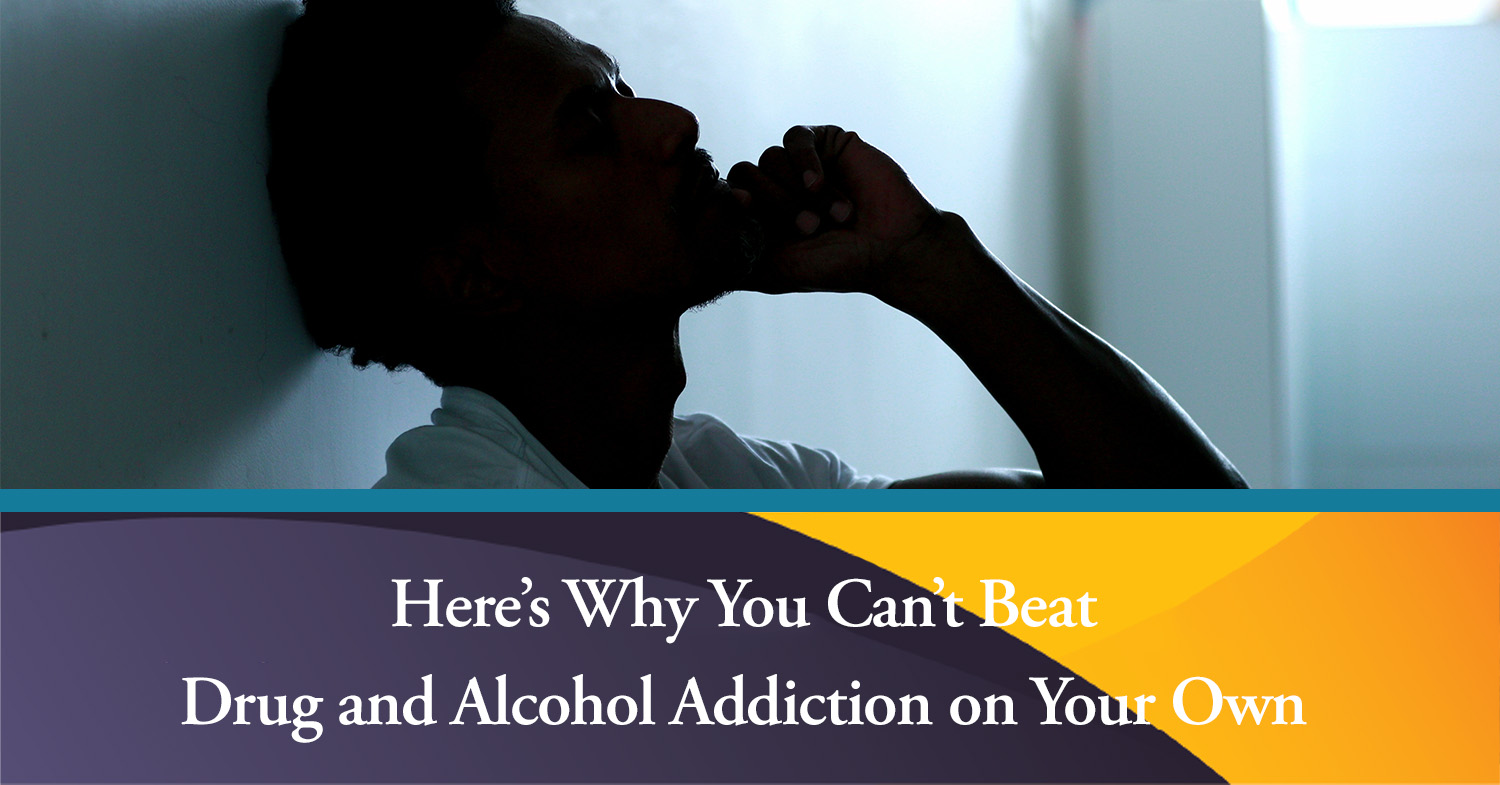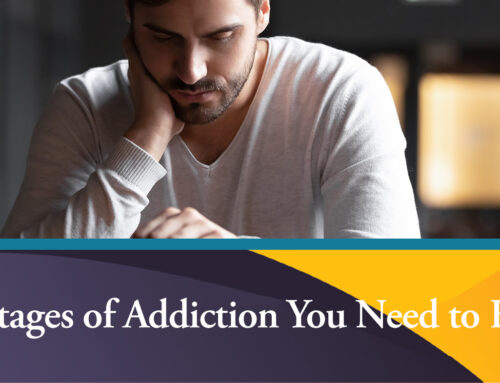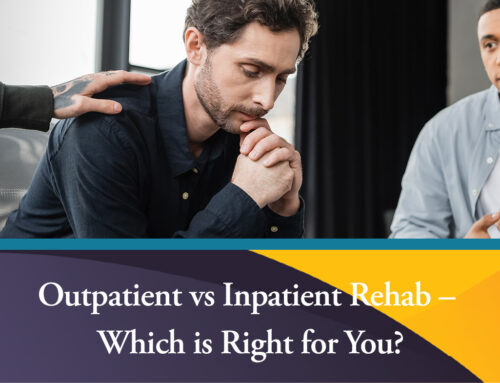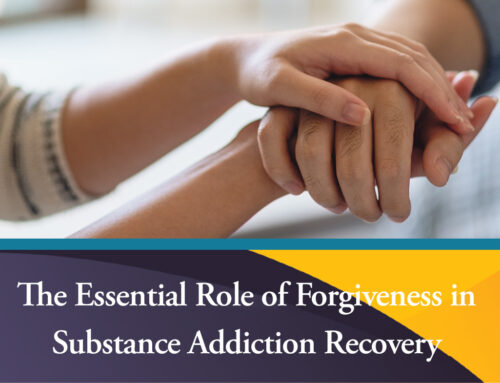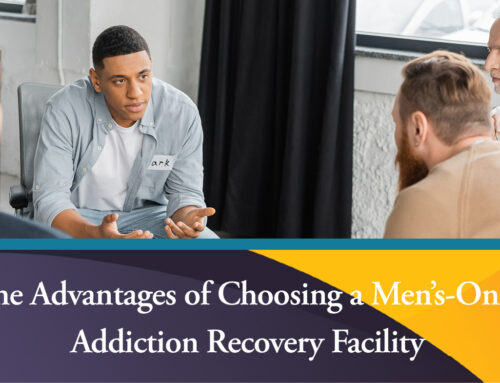Overcoming drug and alcohol addiction can help you or a loved one get life back on track, and it may be tempting to try and quit from the comfort of home. However, here’s why you can’t and shouldn’t consider that option.
Can You Quit Addiction without Help?
Coming to the decision to beat a drug and alcohol addiction is step one, but doing the actual quitting is something else. It takes hard work, willpower, and dedication, especially when you’re fighting it yourself.
But is quitting addiction without help the best thing? Simply put, no. Quitting drugs and alcohol without professional assistance carries risks and may pose threats to your health. Not to mention the many other challenges you’ll face trying to recover from addiction. Besides the risk to your health and well-being, you’ll need to overcome the mental challenges and avoid triggers during the most vulnerable stages of your recovery without support.
Reasons People Don’t Seek Professional Help
There can be many reasons why someone might not want to seek professional help and may try to quit on their own. Here are some common barriers to seeking professional treatment:
- Refusal of outside help – some feel like their addiction is “not bad enough,” which can keep them from going to a rehab center.
- Stigma – stigma and societal misconceptions surrounding substance abuse may keep others from seeking professional help. It can cause shame and prevent people from seeking the help they need to recover.
- Cost – treatment requires money, and many believe that seeking the help they need is not in their budget.
- Time off – professional treatment also takes time, and many become concerned about how they will keep their job, home, or care for their children.
If you want to learn about more barriers and how they can be overcome, read our other blog article on the subject.
Remember – it’s okay to ask for help. In fact, asking for help and deciding you want to seek professional assistance for drug and alcohol addiction is a sign of strength. We aren’t meant to walk life alone, and we certainly don’t need to go through the hard parts alone.
Risks of Breaking Drug and Alcohol Addiction on Your Own
If you’re considering fighting addiction alone, it’s crucial to be aware of the risks before making a decision. These are the dangers of fighting substance use disorders by yourself.
Drug Detox Complications
Fighting addiction on your own is challenging, but it can also be detrimental to your health. When you detox from long-term use of drugs and alcohol, you’ll likely experience withdrawal symptoms as the body readjusts and clears the toxins from your body. These symptoms can be uncomfortable and painful, making it challenging to quit cold turkey. Facing these symptoms alone in your home will likely only make it more difficult. These symptoms can include:
- Muscle aches and pain
- Insomnia
- Consistent nausea or vomiting
- Seizures
- Hallucinations or paranoia
The intensity of your withdrawal symptoms will depend on the substance used and for how long. Certain substances can be dangerous and cause life-threatening symptoms while leaving the body. But even minor symptoms, such as vomiting, can be a danger to you if you’re not consistently staying hydrated.
Remember, you can get help to handle your detox professionally. Whether you choose a recovery center that handles it all or you go to a separate detox center and then live-in rehab, know that these symptoms can be managed and overcome.
Relapse
Even if you are able to detox independently, you’ll still have to overcome your mental dependence on alcohol or drugs. As your brain gets used to no longer having access to substances, you may experience depression, anxiety, and irritability. If you’re trying to overcome addiction at home, you’ll likely be around many triggers that contributed to your substance abuse in the first place. This can include stress from family, work, or finances, environmental cues (leftover alcohol or drug paraphernalia), and being with friends and family who use substances.
These triggers can cause cravings. If cravings get too intense and you haven’t learned the proper coping strategies to manage them, you’re at risk for relapse. While relapse can happen to anyone, the risk increases when you try to break free from addiction independently.
Untreated Mental Health Conditions
In many cases, people who struggle with substance use disorder also have a co-occurring mental health condition. Challenges with mental health can contribute to your addiction, even if you don’t realize it. Some mental health disorders can include depression, anxiety, post-traumatic stress disorder (PTSD), and psychotic disorders. If you’ve used substances to cope with a mental health condition, you may notice your symptoms worsen when you try to quit alone.
Lack of Support
Last but not least – you don’t receive the crucial support you need when trying to break drug and alcohol addiction on your own. Having someone to talk to or rely on when you’re experiencing triggers, cravings, or uncomfortable emotions can help keep you on track and reduce the risk of relapse.
When fighting substance abuse alone, you won’t have as many people to lean on, and it can be easier to fall back into old habits. Even if you do have a friend to lean on, they may not truly understand what you’re going through, unlike those in treatment going through the exact same things as you.
Don’t Fight Substance Addiction on Your Own
If you’re struggling with drug and alcohol addiction, know that there is light at the end of the tunnel, and we’re here to help you get to it. Once you’ve been through the detox process, we can help you begin the process of healing at our Christian-based live-in program.
Our Rehab Ranch in Montrose, CO, is a simple place with a simple program. Calvary Ranch Colorado is located on a working cattle ranch surrounded by rivers, lakes, trees, and majestic mountain views. Abundant wildlife also shows God’s creation and adds to the tranquility of this place. Check out our What to Expect information to learn more.

